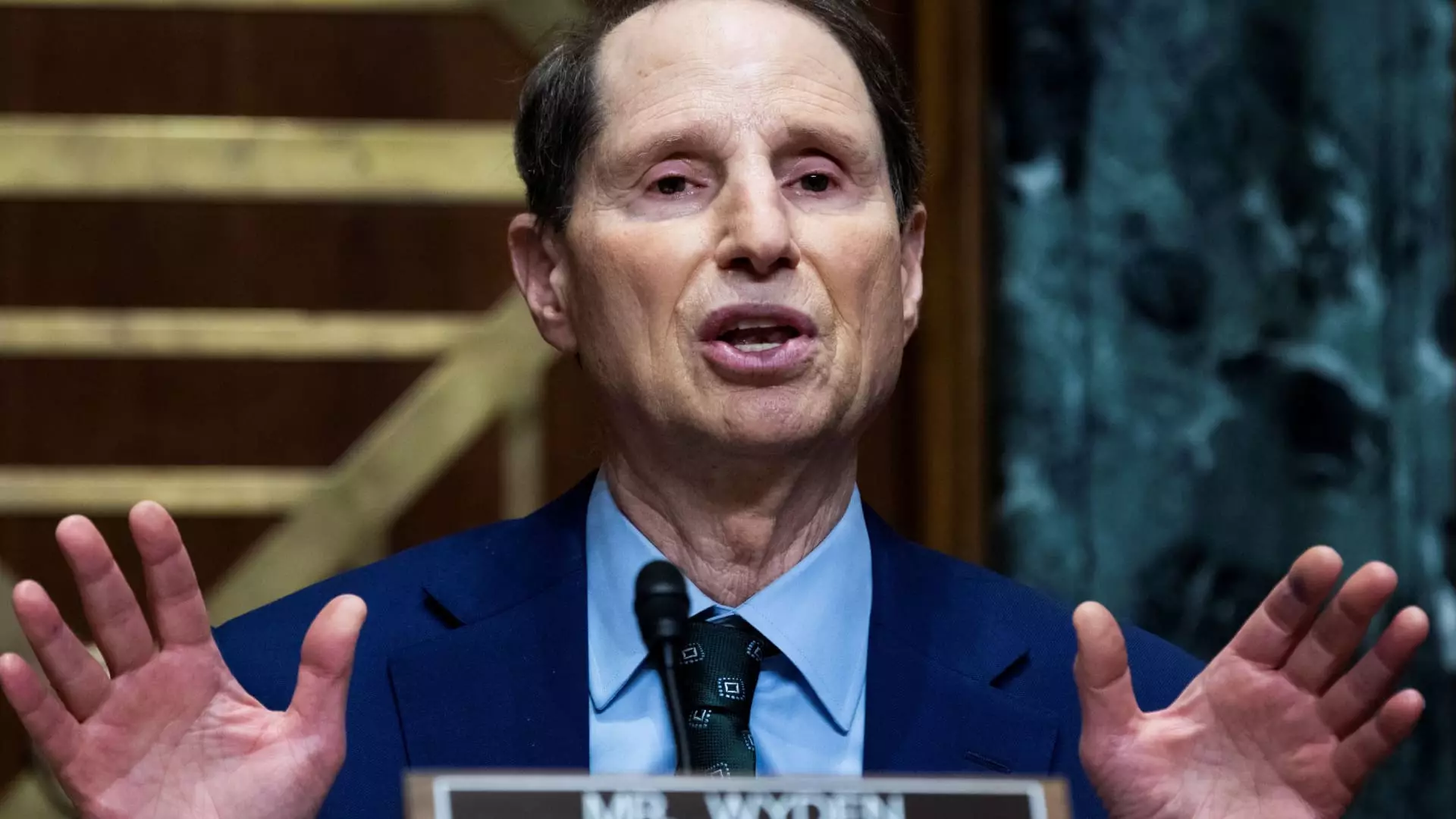The American tax landscape is on the precipice of a significant transformation in the coming years, primarily due to provisions established by the Tax Cuts and Jobs Act (TCJA) that was implemented in 2017 under the administration of former President Donald Trump. While the TCJA brought about a notable reduction in the corporate tax rate, from 35% to a permanent 21%, it also introduced various temporary tax relief measures designed to support middle-class families and stimulate small business growth. However, many of these provisions are set to expire at the end of 2025, unless Congress intervenes. This looming expiration forces lawmakers to confront pressing policy decisions that could have far-reaching implications for millions of families and small businesses across the country.
Several key features of the TCJA are at risk, including lowered federal income tax brackets, increased standard deductions, enhanced child tax credits, and the 20% qualified business income (QBI) deduction for entities classified as pass-through businesses. Expiration of these provisions is not just a minor adjustment; estimates indicate that more than 60% of taxpayers could see their tax liability increase significantly. Such changes could hinder economic growth and negatively impact the financial stability of average American households.
Lawmakers are now grappling with the stakes involved. Senate Finance Committee Chairman Ron Wyden has underscored the critical nature of the upcoming decisions, suggesting that the consequences will be pivotal for both the federal budget and the economic prospects of middle-class families. As these discussions unfold, organizations advocating on behalf of small businesses and families are intensifying their efforts to keep these crucial tax benefits intact.
One of the most frequently referenced concerns revolves around the QBI deduction. This tax break allows small businesses structured as pass-through entities—such as sole proprietorships, partnerships, and S-corporations—to deduct up to 20% of their qualified business income. Small business advocates, such as the National Federation of Independent Business, assert that making this deduction permanent is essential for the survival of small enterprises that have endured challenges over the past few years, including the economic aftermath of the COVID-19 pandemic, persistent inflation, and a competitive labor market.
Jeff Brabant, a representative from the National Federation of Independent Business, highlighted the importance of this deduction for the ongoing viability of small businesses. If Congress does not take action, many business owners could find their operational budgets severely constrained, potentially jeopardizing the livelihoods of millions of American workers.
Equally pressing is the debate surrounding the child tax credit. Originally set at $2,000 per child, the American Rescue Plan significantly enhanced this credit to as much as $3,600 during 2021, contributing to a steep reduction in the child poverty rate. Unfortunately, as pandemic-related relief measures have faded, child poverty levels have surged again, rising notably in recent years. Experts like Indivar Dutta-Gupta emphasize the essential role of an expanded child tax credit in increasing after-tax income for working families, making a compelling argument for its continuation.
With statistics indicating a rapid regression in child poverty rates after the expiration of expansively designed programs, advocates argue it is crucial for lawmakers to consider the broader societal impacts rooted in effective taxation policies.
Despite these discussions, the reality of fiscal responsibility looms larger than ever. There is growing urgency within government circles regarding the federal budget deficit, exacerbated by increasing national debt levels. The expenditure associated with interest on the debt has already eclipsed $1 trillion this year alone, raising questions of sustainability and economic health.
Experts argue that the transitory nature of tax reforms deserves higher priority amid budgetary constraints. Kent Smetters, a noted economist, encapsulated this concern by likening the current state of negotiations to “arguing over the furniture” while “the house is burning down.” This analogy highlights the urgency of addressing broader economic stability rather than just an array of tax provisions.
As the clock ticks down toward 2025, lawmakers will need to strike a careful balance between fiscal prudence and the essential support that families and small businesses require to thrive in a complex economic landscape. The decisions made in the coming months will undoubtedly shape America’s fiscal and economic dialogue for years to come.

